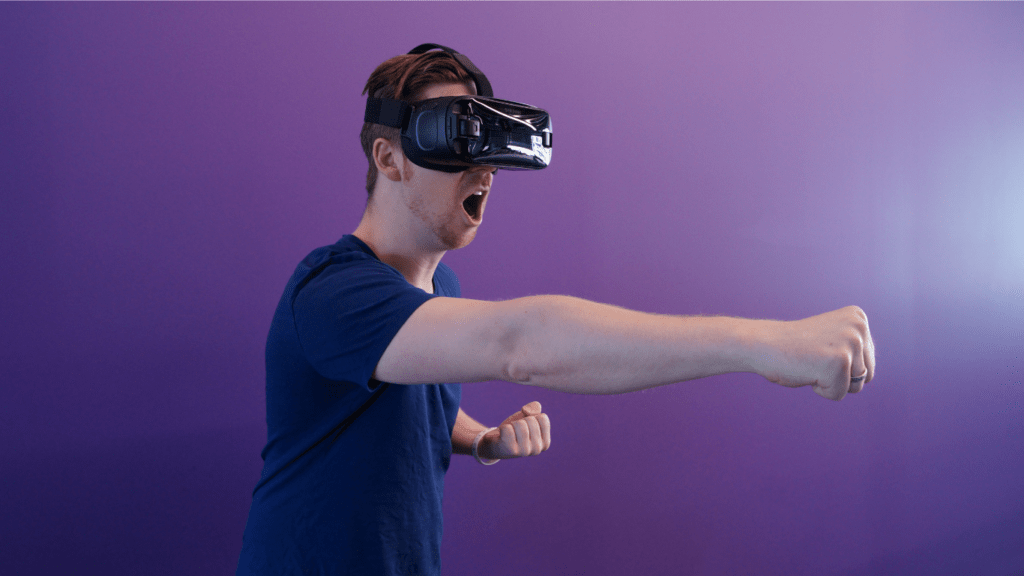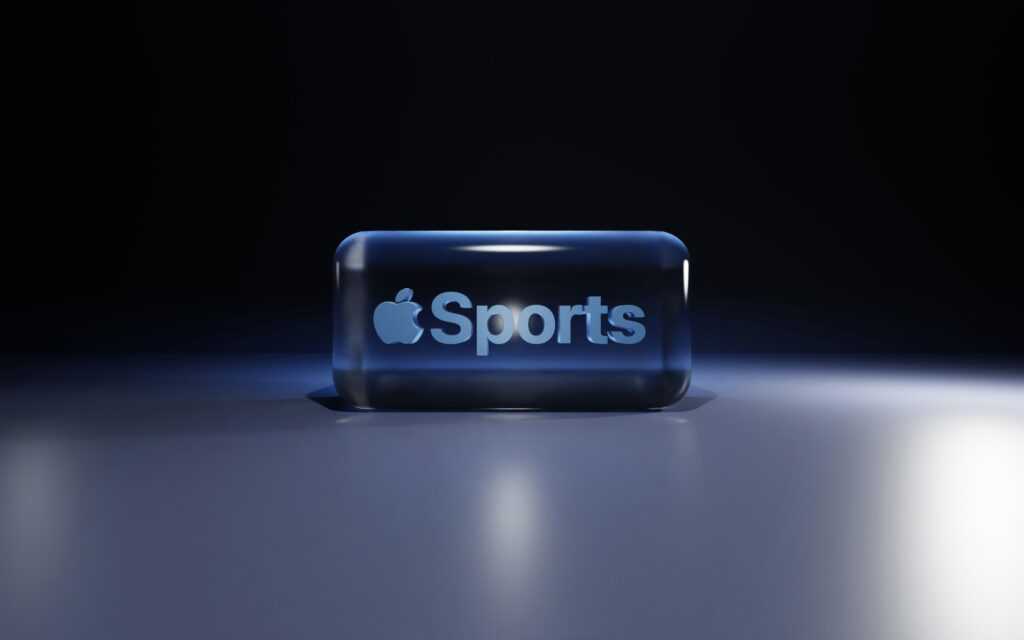The Evolution of Technology in Sports
Technology’s impact on sports has been enormous. It’s transformed training, competition, and spectating, making modern sports almost unrecognizable compared to their origins.
From Manual to Digital: A Brief History
Initially, sports relied on basic tools and manual record-keeping. Hand-timed stopwatches and rudimentary scoreboards dominated early competitions. That changed with digital advancements.
In the 1960s, automated timing systems emerged for track events. By the 1980s, electronic scoreboards became the norm in stadiums, enhancing audience engagement.
The transition from manual to digital marked the beginning of more data-driven and precise sports experiences.
Key Milestones in Sports Technology
Several key milestones illustrate technology’s role in sports. The introduction of Hawk-Eye in tennis in 2001 revolutionized officiating by providing accurate ball tracking.
In 2003, wearable fitness trackers allowed athletes to monitor their performance metrics in real-time, leading to optimized training routines.
By 2010, data analytics gained prominence in various sports, helping teams devise strategies based on player statistics.
Video Assistant Referee (VAR) technology, introduced in 2018 for soccer, aimed to reduce human error in officiating, though it sparked debates on its impact on the game’s flow.
Impact of Technology on Athletic Performance

Technology significantly enhances athletic performance by providing detailed data and optimizing training. Below are key subcategories demonstrating this influence.
Wearables and Biometrics
Wearables, including fitness trackers and smartwatches, offer athletes real-time data on various metrics. For instance, devices like Fitbit and Apple Watch track heart rate, calories burned, and sleep patterns.
This continuous monitoring helps tailor training programs to individual needs.
Biometric sensors provide insights into fatigue levels, muscle strain, and recovery status. Companies like WHOOP and Garmin specialize in creating devices that monitor these aspects.
Athletes can make informed decisions about their rest and recovery, reducing injury risks and optimizing performance.
Advanced Training Techniques and Tools
Advanced training techniques involve using virtual reality (VR) and augmented reality (AR) to simulate real-game scenarios. VR systems like STRIVR enable athletes to mentally prepare for competitions by immersing them in lifelike environments.
This mental training complements physical workouts, refining skills and strategies.
Tools such as high-speed cameras and motion analysis software offer precise feedback on technique and form. Systems like Dartfish and Coach’s Eye analyze an athlete’s movements, identifying areas for improvement.
This data-driven approach allows for more targeted training, enhancing overall performance.
The advancements in technology, including:
- wearables
- biometrics
- VR
- motion analysis
Enhance athletic performance by providing detailed and actionable insights.
Enhancements in Fan Engagement and Experience
Technological advancements have significantly changed how fans engage with sports, offering immersive and interactive experiences.
Virtual Reality and Augmented Reality in Stadiums
- Virtual Reality (VR) and Augmented Reality (AR) bring unprecedented experiences to stadiums.
- VR creates immersive viewing by transporting fans to the middle of the action.
- Fans using VR headsets can feel like they’re on the field during crucial plays.
Examples include the NBA’s VR broadcasting and the NFL’s immersive VR experiences.
AR enhances live events with real-time stats and player information overlaid on screens. This tech enriches the viewing experience, making it more interactive. For instance, the LA Clippers incorporate AR in their app to provide interactive fan experiences during games.
Apps and Social Media Integration
Apps and social media play a crucial role in connecting fans with their favorite teams and athletes. Dedicated sports apps offer real-time updates, exclusive content, and interactive features like live voting.
Social media platforms amplify fan engagement through direct interactions, live streams, and behind-the-scenes content. Teams frequently use Twitter to update fans and Instagram for live stories and Q&A sessions.
Integrated platforms like the NFL’s official app allow fans to engage in multiple ways, ensuring a comprehensive engagement experience.
Controversies Surrounding Technology in Sports
Technology significantly impacts sports, yet it also brings various controversies.
Fairness and Accessibility Issues
Technology’s role in sports often raises fairness and accessibility concerns. High costs associated with advanced equipment like motion analysis tools and VR training limit access for athletes with fewer resources.
This disparity creates an uneven playing field, favoring wealthier teams or individuals. Even tools meant to enhance fairness, like biometric tracking, can be inaccessible to lower-tier sports organizations, impacting overall competitiveness.
The Debate Over Technology-Assisted Refereeing
Technology-assisted refereeing stirs robust debates. Systems like VAR in soccer aim to correct human errors, but they, too, face scrutiny.
Critics argue that these systems disrupt the game’s flow, causing delays and sometimes delivering controversial decisions. Others fear an over-reliance on technology, undermining the human element essential to sports officiating.
Despite offering accuracy, these systems are only as reliable as the data and algorithms on which they’re based, leaving room for debate.


